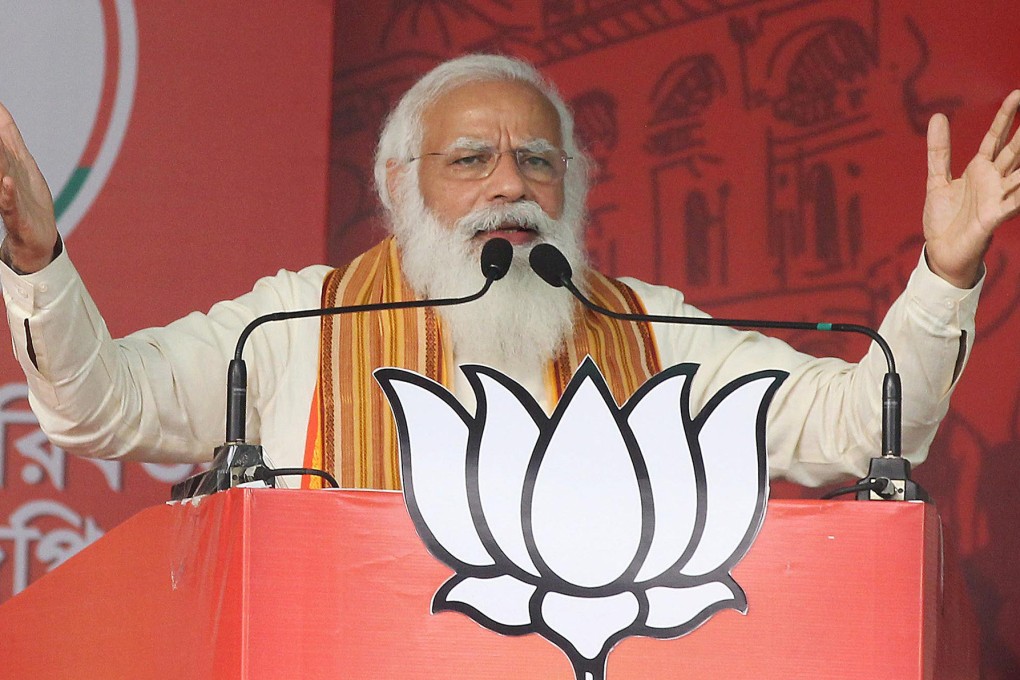Opinion | India’s passage to despotism began long before demagogue Modi
- A new book, ‘To Kill A Democracy: India’s Passage to Despotism’ examines the failures of India’s dance with democracy
- It argues the country’s problems are long in the making and not only linked to Narendra Modi’s brand of populism. Here is an excerpt from the book:

Experience teaches us that well-organised despots, unless stopped in their tracks by citizen resistance, robust watchdog institutions, unforeseen outcomes and plain bad luck, can quickly remould sickly democratic institutions into a different political order we call despotism.
Despotism isn’t old-fashioned tyranny or military dictatorship, or a single-ruler horror show the ancients called autocracy. It mustn’t be confused with 20th-century fascism or totalitarianism. Despotism is rather a new type of strong state led by a demagogue and run by state and corporate leaders with the help of pliant journalists and docile judges, a top-down form of government that has the backing of not just the law-enforcement agencies but also millions of loyal subjects who are willing to lend their support to leaders who offer them tangible benefits and daringly rule in the name of ‘democracy’ and ‘the people’.
The local details of these transitions usually differ, but the result is generally the same: in the name of democracy, democracy is metamorphosed into a different political system. The butterfly of democracy becomes the caterpillar of despotism.
The lethal dynamics gripping the upper levels of Indian politics indicate what is at stake. India is showing how despotism happens, or might happen. Despotism feeds upon periodic elections and voter support. Despots take full advantage of rights of assembly and association, and they make use of media freedoms to spread their message.


